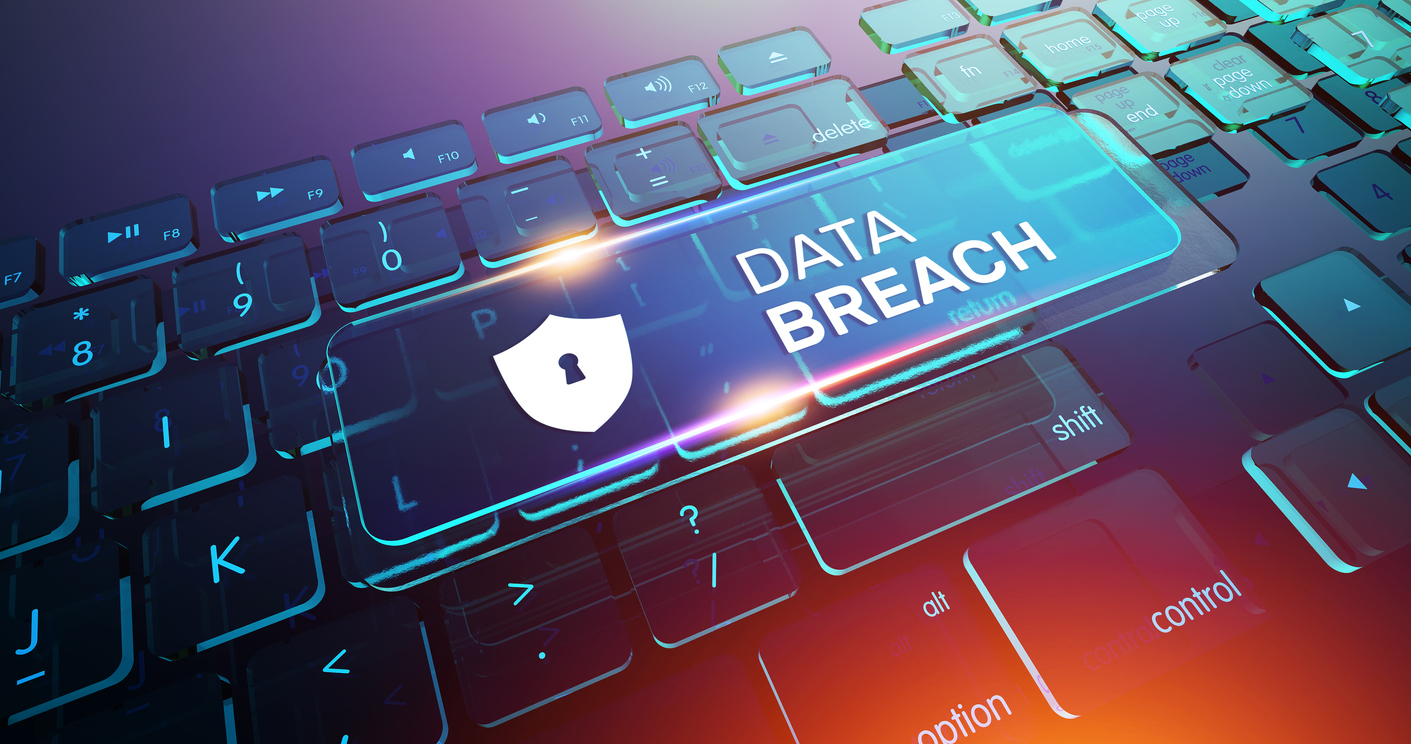
Ransomware is an ever-growing threat to businesses around the globe. The list of ransomware variants is constantly growing and the tactics criminals use to release ransomware into the world are always changing and becoming more complex. This is why it is so important to understand what ransomware is, how it can affect your business and how you should respond if one of your employees accidentally or inadvertently exposes your network to ransomware.
What is ransomware?
Ransomware is a form of malware that encrypts victims’ files. It typically infects a computer via an email in which a user visits a malicious website and downloads the malware unknowingly to the computer.
Hackers usually demand payment for a decryption key that will remove the ransomware. Sometimes this key removes the malware from the victim’s computer and sometimes it doesn’t.
Types of ransomware
- Crypto ransomware encrypts valuable files on a computer so the victim cannot access them. Cyberthieves that conduct crypto-ransomware attacks get paid by demanding that victims pay a ransom to get their files back.
- Locker ransomware locks the victim out of their device, preventing them from using it. Once the victim is locked out, cybercriminals demand a ransom to unlock the device.
Follow these steps if you get ransomware
- Unplug or power off your computer immediately. DO NOT TURN IT BACK ON.
- Call AM Data Service at 734-744-5300 as soon as you think you have been infected.
How to prevent ransomware
Back-up solution
The fastest way to fix a ransomware-infected computer is to restore the system to its pre-infected state from a viable backup. Computer users must take precautions. These precautions must include setting up an automated, recurring backup process. We recommend that any computer connected to your network has a backup solution so that your systems and business are better safeguarded should an event like this take place.
Email filtering
The most common way hackers attempt to deploy a virus is through email. The first line of defense would be to have email hygiene or a spam filtering solution such as Mailprotector enabled. Mailprotector has a suite of products that help keep written communications safe and secure, including filtering, encryption, archiving, hosting, continuity and compliance.
We highly recommended all clients use spam filtering and email hygiene products to protect their organizations from outside threats and phishing attempts.
To learn more about back-up solutions or email filtering, please send an email to servicerequest@amdataservice.com.
